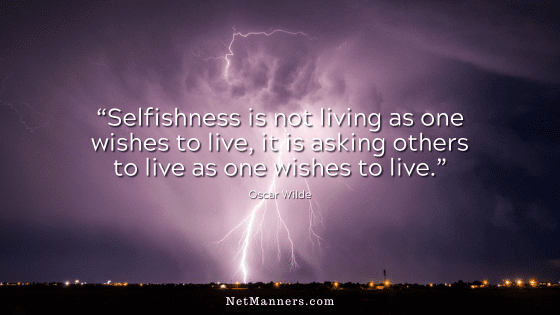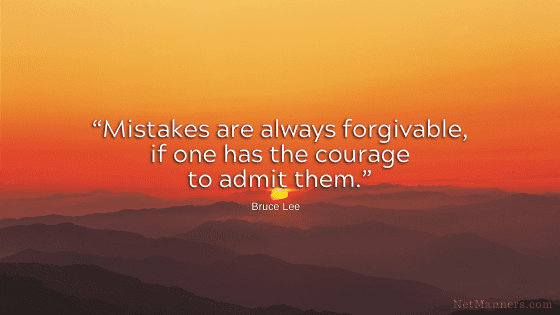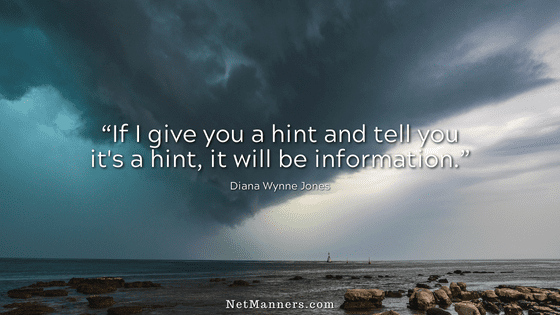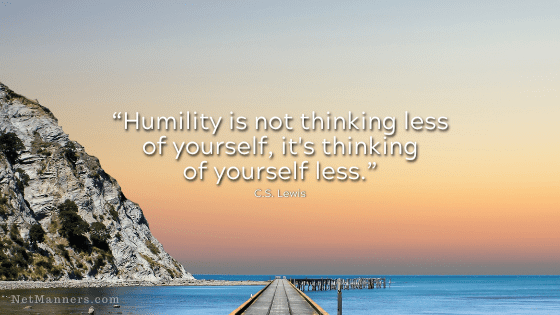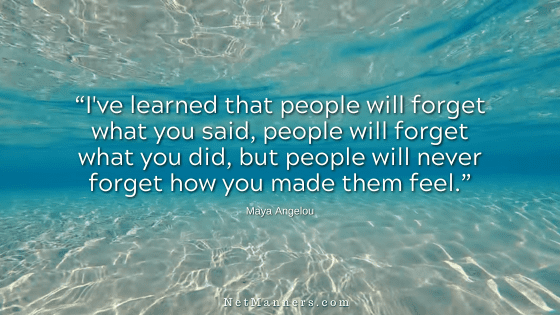True Friends Reply to Emails
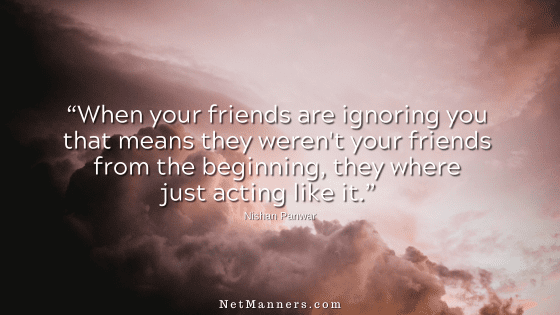
Do you have friends that you email then crickets? Then, maybe a couple of weeks later — they reply, sometimes ignoring the content of your email to comment on what they want to write about.
Your communications are on their terms. That’s not a good feeling, right? Maybe they are not truly friends.
I know everyone is busy—I’m pretty busy, but I try to respond promptly (within 24 hours) to those who email me. Not just because I run two email etiquette websites but because that’s what you do.
The exception, of course, is those who send me sales pitches or offers. I didn’t ask for that pitch, nor am I interested in your request. Therefore, I don’t feel that I am obligated to respond.
There could be various reasons why friends might not reply to emails promptly:
Family and Friends are Different
Nowadays, emails that are not received are rare, especially by those you communicate with regularly. Over time, email software learns who you communicate with, so the chances of your emails landing in spam or junk folders are minimal. But even then, the email is received.
The proper etiquette is to reply as soon as possible. Sometimes, folks have busy schedules, are away from their computers, or may not think a reply is necessary. But that doesn’t negate the courtesy of replying eventually.
If we are honest, written communications are as much relationship builders as phone calls. When we reach out to communicate with others, we share a bit of ourselves with the person we are communicating with.
What if you are busy and just don’t have the time right here and then? Then, reply as soon as you possibly can. There is an expectation of a speedy reply with email because the sender knows their email is in your inbox shortly after clicking Send.
But what about those who habitually do not reply to your emails?
Being Ignored Hurts
This is one of the dilemmas I get emailed about quite a bit. The frequency hasn’t changed in the two decades I’ve run this website.
The other side will assume you ignore them if you don’t respond. To that end, I’ve had site visitors reply that “they intended to ignore” the person they didn’t respond to.
Wow. Then why not be honest with that person, tell them you don’t think further communications are a good idea, and wish them the best? I guess it is easier for you to be a coward.
Especially with friends and family, they deserve a reply, a sit-down, or a phone call if they reach out.
Passive Narcissism
Remember, effective communication is a two-way street. It’s essential to be understanding and flexible while advocating for your needs and expectations.
However, most of the time, I don’t think onliners are making a conscious decision to ignore those who send them emails. But in our rush-rush, never-enough-time culture, it is easy for many to do just that.
From a Sender’s point of view, ensure your email is clear and concise and one that the recipient will want to read and reply to. If you would like a response, ask for one. “Can you please let me know?” “I look forward to hearing back soon!”
Email with Value
You should not expect a reply from forwarded emails where you don’t take the time to type a personal message about why you are forwarding that email to that person. If you can’t make that effort — don’t expect a reply.
Some folks are so “all about me” that they don’t think about how their lack of response impacts those who care about them. If that is the case, maybe reconsider emailing someone who cannot even show you the simple courtesy of a reply.


